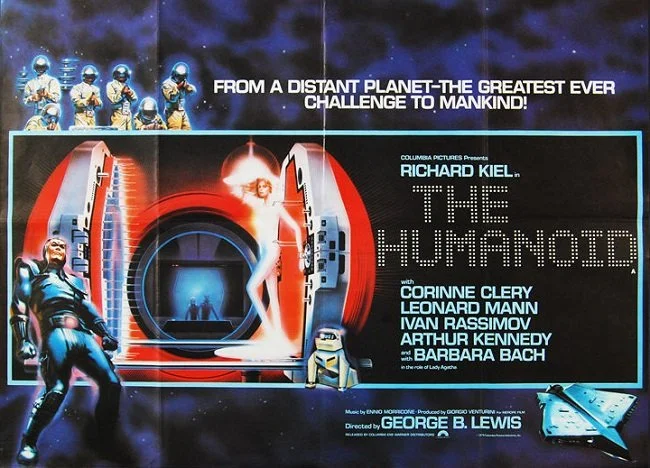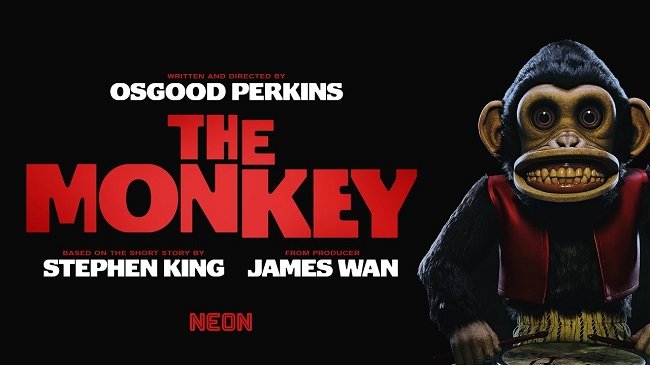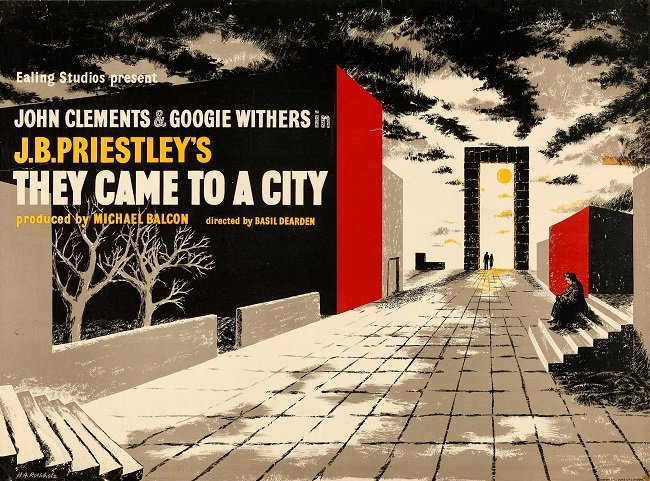No Blade of Grass (1970)
During the seventies, the growing environmental concerns of the general public were beginning to appear as plot themes in both mainstream and independent film making. The science fiction genre proved the most practical medium for this with films such as Zero Population growth and Soylent Green. Cornel Wilde’s No Blade of Grass takes a different approach using an ecological disaster as the premise for a survival movie. As with Wilde’s previous movies The Naked Prey and Beach Red, the message is delivered clearly and with all the subtlety of a kick in the groin. Yet the director’s honesty carries weight as he boldly depicts how the trappings of modern civilisation are quickly stripped away in the face of impending disaster. Perhaps it was this candour that upset sections of the viewing public, who didn’t wish to confront the fragility of their own society or dwell upon their own potential for violence. Certainly the film’s distributor MGM were sufficiently bothered by what they saw, that they re-edited the movie prior to release to tone down some of the stronger content.
Based on John Christopher’s novel The Death of Grass published in 1956, No Blade of Grass starts with a new strain of virus that has devastated the rice crops in Asia causing a major regional famine. Soon a mutation appears in Europe infecting all types of grasses including all grain crops. The subsequent food shortages rapidly lead to social disorder, looting and possibly even cannibalism. The UK parliament start to consider desperate measures to cope with the situation. Architect and war veteran John Custance (Nigel Davenport) decides to flee London along with his wife Ann (Jean Wallace), young son Davey, teenage daughter Mary (Lyn Fredrick) and her scientist boyfriend Roger Burnham (John Hamill). They intend to travel to Westmorland in Cumbria where John's Brother, David (Patrick Holt), has a farm. Many trials and tribulations beset them as they travel north and the group quickly find themselves having to adapt both physically and morally to a rapidly changing and hostile world.
John Custance is an archetypal alpha male and embodiment of the British officer class. He is pragmatic and is quick to adapt to the deteriorating situation. But he has moral and ethical limits. So when he forms a curious relationship with a young man called Pirrie (Anthony May), it is for a very specific reason. Pirrie is a sociopath who will happily turn a gun on anyone that impedes the ongoing plan. John determines he’s a necessary tool who can do some tasks that he may balk at. This becomes very clear when we first meet Pirrie at the local gun shop where he works. He doesn’t hesitate to shoot his boss and throw in his lot with John Custance when he learns of his plan to leave London. It is this initial instance of lawlessness that marks the families rapid moral decline. Later, after having been robbed themselves, the Custance family kill a couple in a farmhouse who refuse to give them shelter. “We have to fight to live, do you understand that?” John tells his young son and his friend. “Like the Westerns?” one replies. “Yes, like that”.
No Blade of Grass is very heavy handed with its themes and moral pronunciations. At the start of the film, the affluent dine in a restaurant while a news report on TV shows the realities of the ongoing famines elsewhere in the world. There are montages of stock footage showing pollution and sick animals to hammer home the message that this is a self-inflicted catastrophe. But like the director’s other films there is an earnestness to the proceedings. Sadly this gets somewhat lost in along the way due to the film’s exploitation trappings. There are numerous shootouts between civilians and the Army as well as other acts of violence. And then there’s a gratuitous double rape. The movie even manages to include footage of a real childbirth before a climactic battle between our group of survivors and a motorcycle gang, complete with Viking helmets. Wilde also uses flashforwards as well as flashbacks, colour filters and slow motion to make his point. There is even a bleak but charming folk song performed by Roger Whittaker that plays over the start and end credits.
Violence is a reoccurring theme in all of Cornel Wilde’s films. As a director he often depicts that violence is key to survival and can galvanise people into action to forge something greater. However it can also lead to self-destruction and comes at a cost. John Custance learns that there is a price to pay for collaborating with the likes of Pirrie and that often manifests itself as human collateral damage. Social collapse and the realities of returning to a neo-feudal existence do not seem to be compatible with John’s old-world principles and ideals. His attempts to “preserve the heritage of man’s greatness” bear little fruit at the end of the film. He secures a safe place to live in the remote North of England but it takes a great deal of slaughter to do so. Furthermore the motley group of survivors he picks up along the way still harbour all the flaws of the old world, such as racial prejudice, greed and notions of exceptionalism. No Blade of Grass is a clumsy and somewhat lurid piece of film making. It certainly won’t be to everyone’s taste yet it is an interesting curiosity.




























